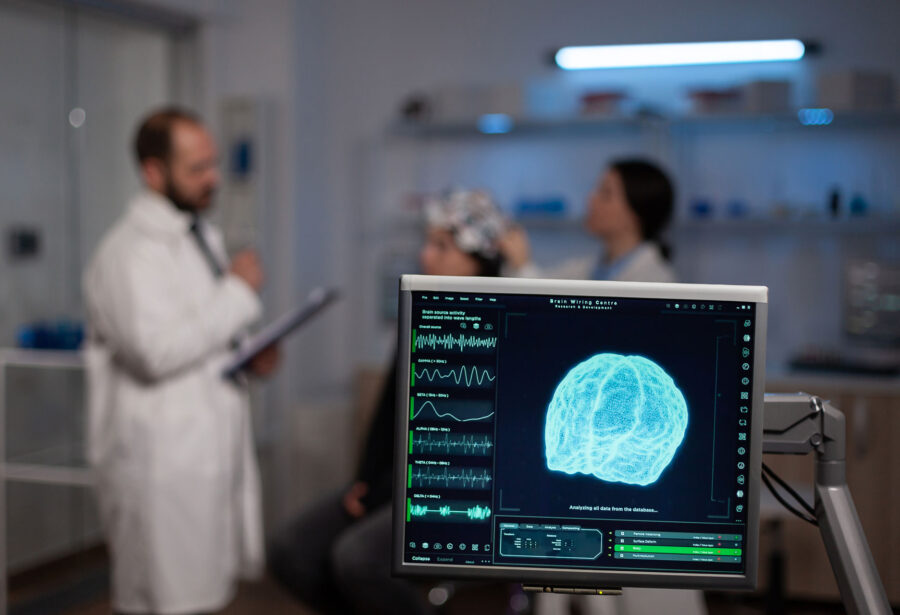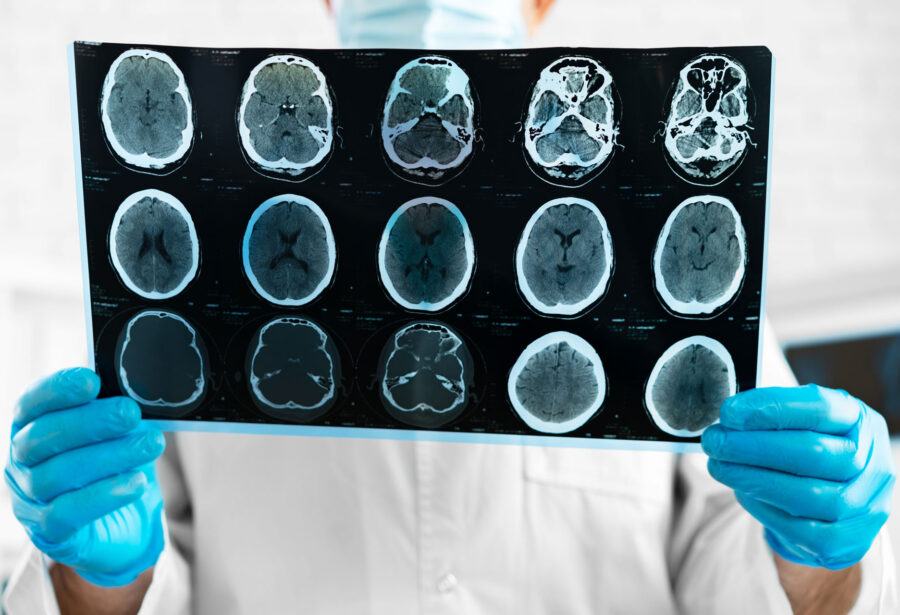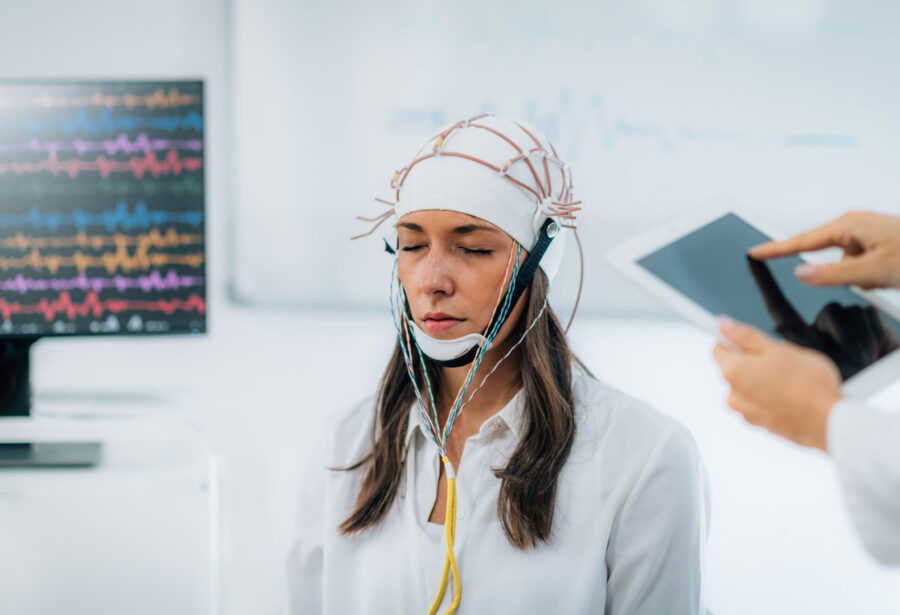section-17360d5
Neurology
Neurology department provides services in the diagnosis and treatment of brain, spinal cord, peripheral nerve and muscle diseases in adult patients by making use of technological developments. Neurology Unit carries out joint studies with Radiology, Brain and Nerve Surgery departments.
Diseases and treatments served in the Neurology Department;
* Epilepsy
* Headache,
* Vascular tension,
* Sleeping disorders
* Dizziness and balance disorders
* Parkinson's and movement disorders,
* Peripheral nerve and muscle diseases
* Diseases with Alzheimer's and dementia
* Multiple Sclerosis
* EMG (electromyoneurography) examination is performed in the evaluation of neuropathies that occur with complaints such as hand and foot numbness and in the diagnosis of painful conditions such as low back and neck hernia.
* Tests such as tomography or magnetic resonance (MR) imaging, echocardiography, extracranial doppler are applied to the patients, and the results contribute to the follow-up and treatment of our patients.
* Follow-up and treatment of our patients are carried out in the intensive care unit in serious conditions that endanger the patient's life, such as coma, progressive stroke, and frequently recurring seizures.

section-46d68e2

Headaches
Headaches take place in a wide spectrum on a psychological basis, from tension-type headache to migraine, from aneurysm-related headaches to tumor-induced headaches. One of the main occupations of the Department of Neurology is to examine, evaluate and treat the causes of headaches in all details.
Epilepsy
It is a situation that a person can encounter almost at any time, from the newborn period to the advanced years of life. Diagnosis and treatment of epilepsy; Evaluations are made with long-term video-EEG examination, MR, PET-CT and SPECT tests.
Brain and Blood Vessels Diseases
Vascular diseases defined as transient ischemic attack or permanent “stroke” that develop due to occlusion of cerebral vessels on the basis of DM, HT, atherosclerosis, heart diseases are one of the main causes of death. In our hospitals, both our intensive care units and our services are followed up competently with medical treatment and physiotherapy.
Dementia (Alzheimer's Disease, Vascular Dementia)
Forgetfulness, one of the biggest problems of our age, is a condition whose risk doubles every 10 years after the age of 50. The most important approach here should be to distinguish treatable forgetfulness from others. Again, Alzheimer's, Pick Hant vascular dementias, and Lewy body dementias are evaluated and treated in our hospital. Moreover; These pictures are not only limited to forgetfulness but also progress with behavioral disorders. In this case, there are solutions to the problems of patients and their relatives with our competent psychiatry specialists.
Peripheral Neuropathies
Peripheral Neuropathy (PN) is damage to the peripheral nervous system. The main goal of treatment is to eliminate the cause of the disease and to improve the symptoms. Depending on the cause, treatment can slow, stop, or reverse neuropathy.
section-2df491d
EEG
It is a procedure performed to evaluate the electrical activity of the brain. Electrical signals related to nerve cells in the brain tissue are transmitted to the scalp on the skull. These signals are transferred to the computer with electrodes placed on certain areas of the scalp. The transmitted signals are evaluated by a neurologist who has been trained in this subject.
EMG
EMG; means the printing of electrical signals received from nerves and muscles. EMG; It is an examination method used to diagnose diseases affecting nerves, to confirm the diagnosis, to determine the severity of dysfunctions or structural damage, to monitor the disease process and to evaluate the effect of the treatment applied.

